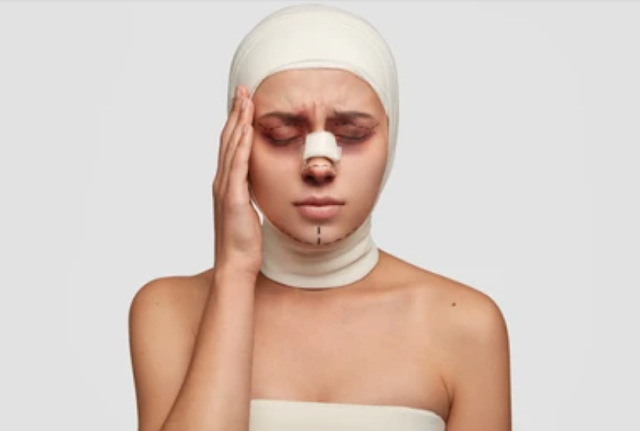Medical Negligence in Dermatology: Legal Options for Patients

Medical Negligence in Dermatology: Legal Options for Patients
Medical negligence in dermatology refers to situations where dermatologists or other healthcare professionals in the field of dermatology fail to meet the standard of care expected, resulting in harm or injury to patients. Dermatology negligence can lead to significant physical and emotional damage, and understanding the legal options available to patients is crucial. Here's a detailed explanation:
Standard of Care in Dermatology:
Dermatologists are expected to provide a standard of care that is in line with what other reasonably competent dermatologists would provide in similar circumstances. This includes conducting thorough examinations, making accurate diagnoses, recommending appropriate treatments, and adhering to professional guidelines and standards.
Examples of Medical Negligence in Dermatology:
- Failure to diagnose or misdiagnosis of skin conditions, such as skin cancer, psoriasis, or eczema.
- Delayed diagnosis, leading to the progression of a condition or worsening of symptoms.
- Prescription errors, including prescribing the wrong medication or incorrect dosages.
- Inadequate follow-up care or failure to monitor treatment progress.
- Surgical errors during dermatological procedures, such as excisions or biopsies.
- Negligent performance of cosmetic procedures, such as laser treatments or chemical peels.
- Failure to obtain informed consent before performing a procedure or treatment.
- Inappropriate or negligent use of dermatological equipment or devices.
Establishing Medical Negligence in Dermatology:
To establish a medical negligence claim in dermatology, the following elements generally need to be proven:
- Duty of care: Establishing that a doctor-patient relationship existed, where the dermatologist owed a duty of care to the patient.
- Breach of duty: Demonstrating that the dermatologist breached the standard of care by failing to provide treatment that meets the accepted professional standard.
- Causation: Showing that the breach of duty directly caused harm or injury to the patient.
- Damages: Proving that the patient suffered actual damages as a result of the dermatologist's negligence.
Legal Options for Patients:
- Medical Malpractice Lawsuits: Patients who have suffered harm due to dermatology negligence may pursue a medical malpractice lawsuit against the responsible healthcare provider or institution. This legal action seeks compensation for medical expenses, pain and suffering, lost wages, and other damages incurred as a result of the negligence.
- Statute of Limitations: There are specific time limits within which a medical malpractice lawsuit must be filed, known as the statute of limitations. It is important to consult with an attorney to understand the statute of limitations that applies to your case.
- Expert Testimony: Medical negligence cases in dermatology often require expert testimony from other dermatologists or medical experts who can evaluate the standard of care provided and testify as to whether the defendant's actions deviated from it.
- Settlements and Negotiations: In some cases, the parties involved may opt for a settlement or engage in negotiation to reach a resolution without going to court. An experienced attorney can advocate for the patient's rights and negotiate a fair settlement.
Seeking Legal Representation:
If you believe you have been a victim of medical negligence in dermatology, it is crucial to consult with an experienced medical malpractice attorney who specializes in dermatology cases. They can evaluate the details of your case, gather necessary evidence, work with expert witnesses, and guide you through the legal process to seek justice and compensation.
Remember, the laws and regulations regarding medical negligence in dermatology may vary by jurisdiction, so it is essential to consult with a qualified attorney who can provide personalized guidance based on your specific circumstances.
Remember, the laws and regulations regarding medical negligence in dermatology may vary by jurisdiction, so it is essential to consult with a qualified attorney who can provide personalized guidance based on your specific circumstances.














No comments